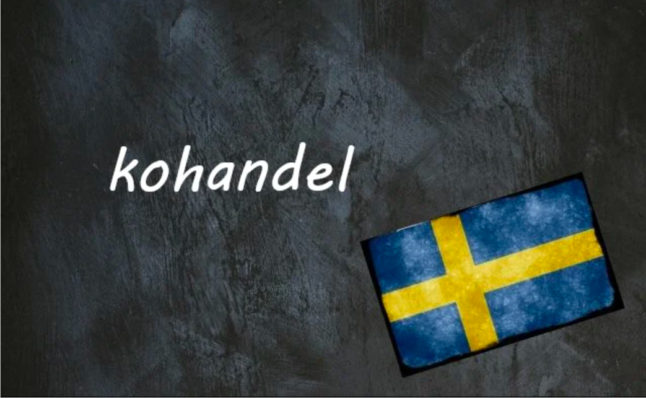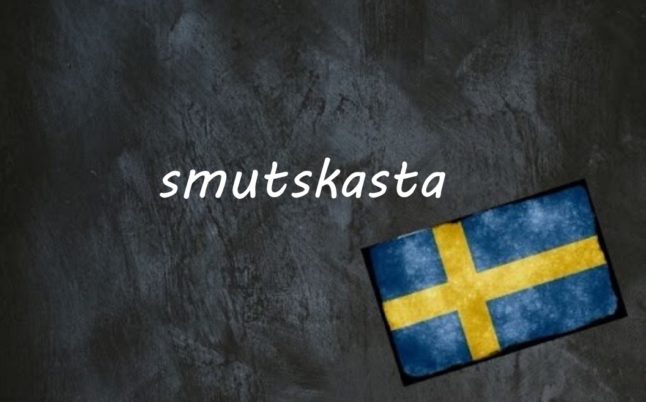The concept is known as horse trading in English, whereas in Swedish and German the literal translation is cow trading.
In Sweden, the expression became popular during an agriculture and unemployment crisis in 1933 when the Social Democrat minority government struck a deal with the Farmers’ League to get its budget through. The former’s unemployment proposal won in exchange for the latter’s push for higher butter prices, among other things.
The Farmers’ League later went on to become the Centre Party, which has in the past few years (and possibly will after the election, too) held a similar position where it has propped up the Social Democrat minority government in exchange for a position at the negotiating table.
With no bloc expected to hold a stable majority after the September 11th election, we can expect a lot of kohandel between the various parties.
Example sentences:
Det kan resultera i en krånglig kohandel – This could result in complex horse-trading.
Det splittrade partilandskapet gör att regeringar måste bygga på kohandel – The divided party landscape means the government must be built through horse trading.
Today’s Word of the Day has been taken from Sweden Elects, the new weekly column by Editor Emma Löfgren, which looks at the big talking points and issues in the Swedish election race. Members of The Local Sweden can sign up to receive the column plus several extra features as a newsletter in their email inbox each week. Just click on this “newsletters” option or visit the menu bar.



 Please whitelist us to continue reading.
Please whitelist us to continue reading.
Member comments